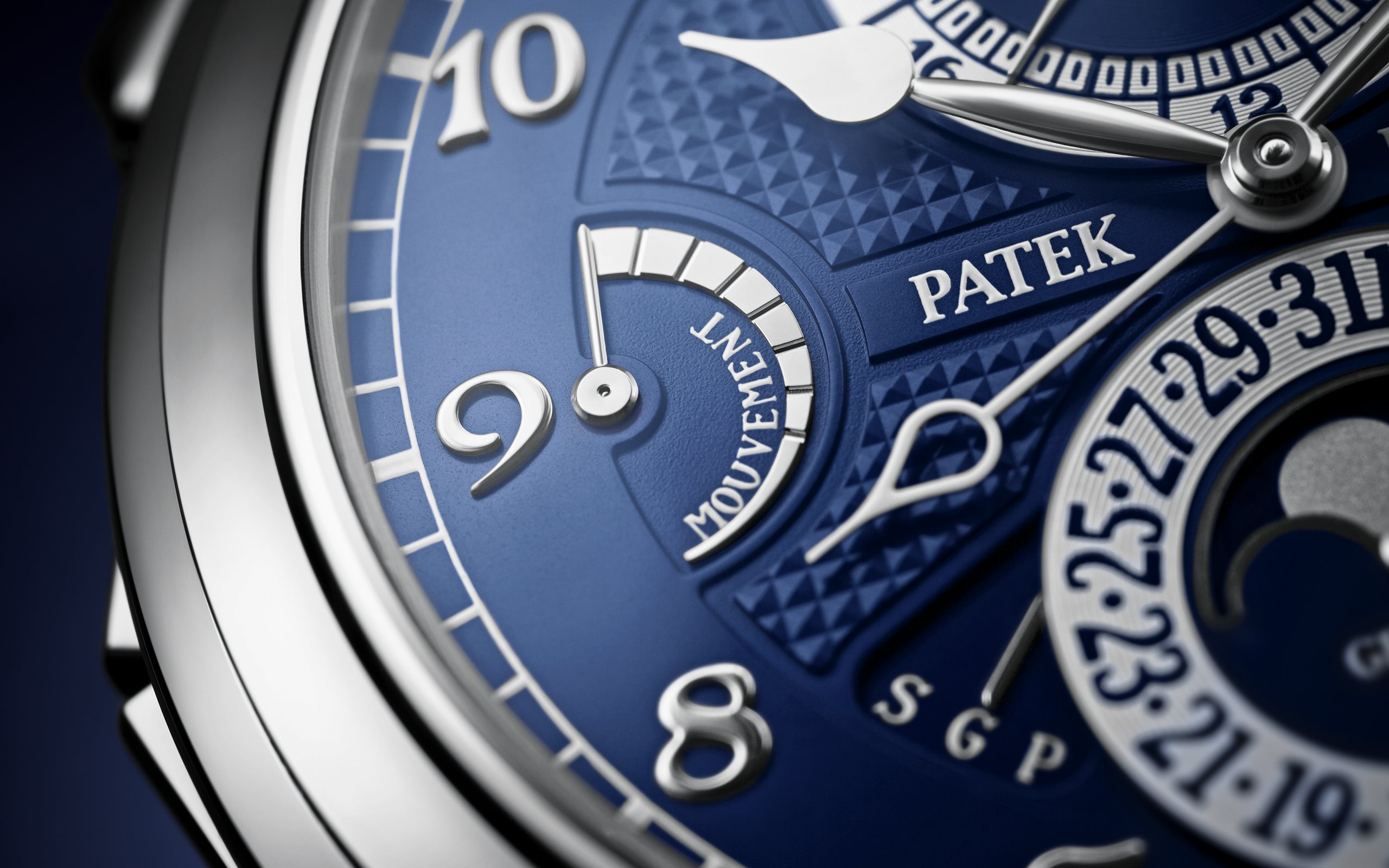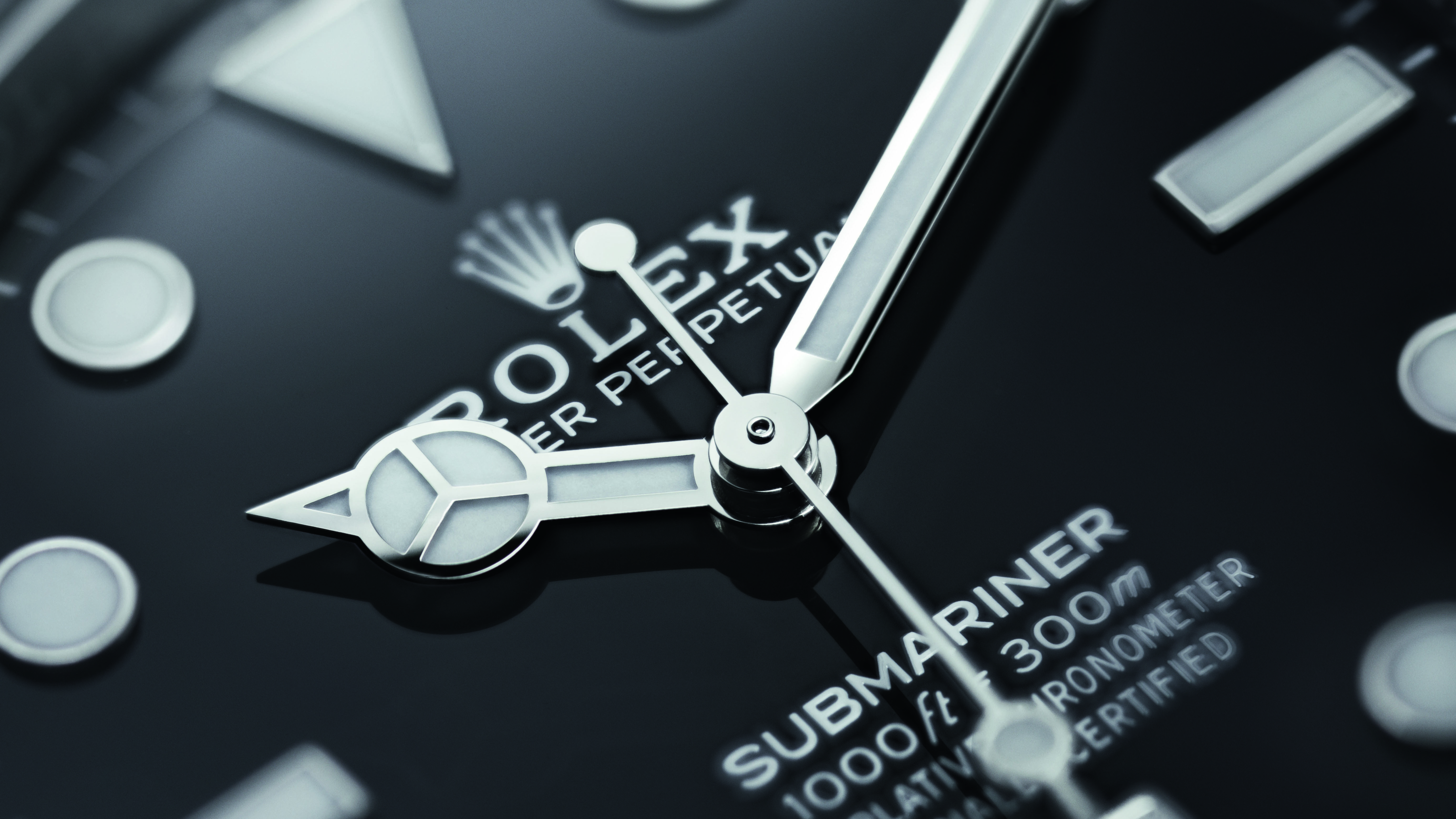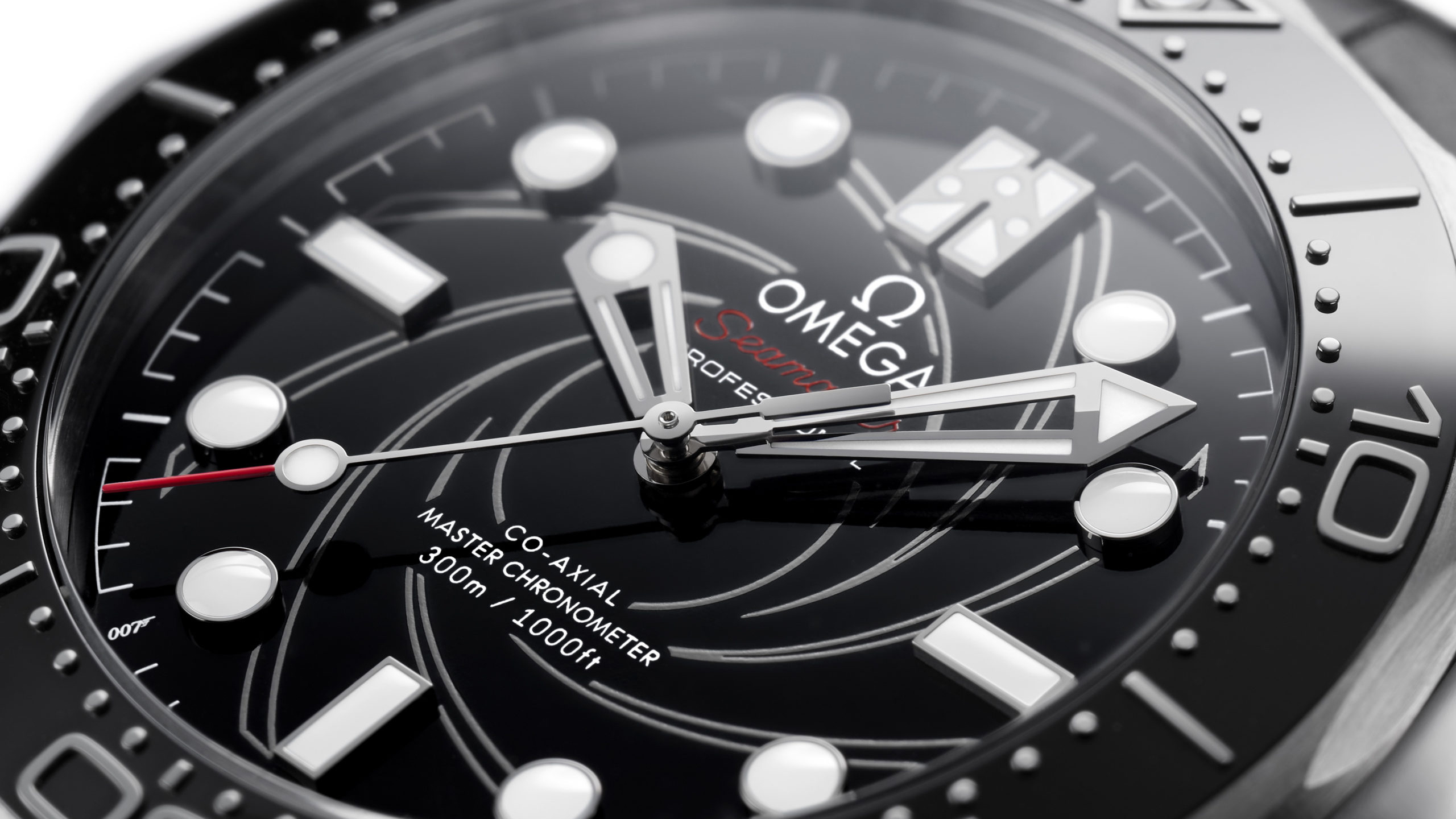

It is very easy to dismiss the purchase of a luxury watch, simply on the basis that it tells the same time as a cheap watch, or the phone in your pocket. In the case of expensive mechanical watches, they are often worse at keeping accurate time than a sub-£10 digital Casio.
But, watch fans will all tell you, this is missing the point. The value in a luxury watch doesn’t necessarily lie in its ability to keep accurate time, but in the intricacy of the movement, the storied history of the company that built it, how it looks and feels, and perhaps also its future value.
So come along, and let us dissect why we feel luxury watches are not a waste of money.
- Best watches under £1000
- Best watches for men: T3's ultimate guide to watches
- Best dive watch: stylish watches to suit any budget
1. Their engineering is to be admired
Like the Colombo V12 engine of a 1960's Ferrari, the mechanical movement of a luxury watch can be a beautiful piece of engineering.
The way the mainspring is tightened, either by the movement of your wrist or by winding the crown; how this pent up energy is gradually released into the watch movement, potentially powering all manner of complications, from stopwatches and timers, to moon phase dials, is to be admired.
Not all luxury watches are mechanically complicated. Some carry the name of a luxury brand but are relatively simple compared to the timepieces of Swiss giants like Rolex, Patek and Omega. Many luxury watches share a use of precious metals like gold and platinum, and feature jewels like rubies and diamonds. In this sense, the value is like that of fine jewellery.
To wear a mechanical watch is to strap a piece of centuries-old engineering to your wrist, faithfully ticking away and informing its wearer of the most valuable resource any of us have.
Get all the latest news, reviews, deals and buying guides on gorgeous tech, home and active products from the T3 experts

2. They can be rare and desirable
Some luxury watches are extremely difficult to get hold of at their retail price, and some are only produced in very small numbers. This contributes to appreciation in value, more on which later, but can also be a great reason to buy a luxury watch.
If you are offered a rare and desirable watch at retail price, this can be an excellent investment opportunity, but also means you have something on your wrist that few others can buy. There can be a sense of achievement here, of owning something rare, not just an appliance built in the millions.
We think there’s something to be said about wearing a rare watch; one that no one else at the party has, or one that catches the eye of a fellow enthusiast and sparks a conversation. Like a piece of unusual clothing or jewellery, a rare watch on your wrist can be used to project your personality.
3. They have stories to tell
Some luxury watches have stories to tell. The Omega Speedmaster is a prime example here, known as the Moonwatch due to being selected by Nasa for use by astronauts during the Apollo missions. A Speedmaster was even used by the crew of Apollo 13 to help time the burning of fuel to bring their stricken craft safely back to Earth.
Then there was Sean Connery’s personal Rolex worn in the early James Bond films, followed by the product-placement Omega Seamaster worn by Bond since the Pierce Brosnan days.
Motorsport fans get to indulge in the Tag Heuer Monaco (worn by Steve McQueen in the film Le Mans), the Tag Heuer Carrera (named after the Panamericana race) and the Rolex Daytona (given as prizes at the 24 hours of Daytona and Le Mans).
On a similar note, Patek Philippe likes to advertise how its customers don’t own the watch, but are merely looking after it for the next generation. This is ad-speak, of course, but there is some truth to how luxury watches can be approached as heirlooms, to be handed from one generation to the next instead of treated as a personal purchase or financial asset.

4. They serve as a remind of personal success
Unless you are a member of the super-rich, a luxury watch is likely something you save up for over time, or that you bought with a work bonus or other windfall. As a result, every time you glance at the time you’ll be reminded of the effort and circumstances that led to achieving that purchase.
Perhaps you saved up for months, or spent some inheritance on buying the watch. Or you had to sit on a waiting list for many months, or even a couple of years, patiently waiting until it was your turn to be invited to make the purchase. All of these circumstances are to be remembered, and every glance at the time will remind you of the effort that went into making the purchase.
5. They depreciate slowly, and can even appreciate
Hoping it will increase in value should not be your primary reason for buying a luxury watch. But history tells us that many pieces do indeed appreciate over time. Several models of Rolex have shot up in value over recent decades, and even models announced just a year ago – those that are still tricky to buy new today – already command a sizeable premium over their retail price.
Even if your luxury watch isn’t soaring in value, it is often the case that luxury watches depreciate slowly. It may sting spending several thousand pounds on a luxury watch, but in some cases, the watch will still hold a good chunk of its value a few years down the line. So if you change your mind, or need to free up some cash, it's good to know your watch will retain value better than other high-cost purchases.
Liked this?
Alistair is a freelance automotive and technology journalist. He has bylines on esteemed sites such as the BBC, Forbes, TechRadar, and of best of all, T3, where he covers topics ranging from classic cars and men's lifestyle, to smart home technology, phones, electric cars, autonomy, Swiss watches, and much more besides. He is an experienced journalist, writing news, features, interviews and product reviews. If that didn't make him busy enough, he is also the co-host of the AutoChat podcast.
